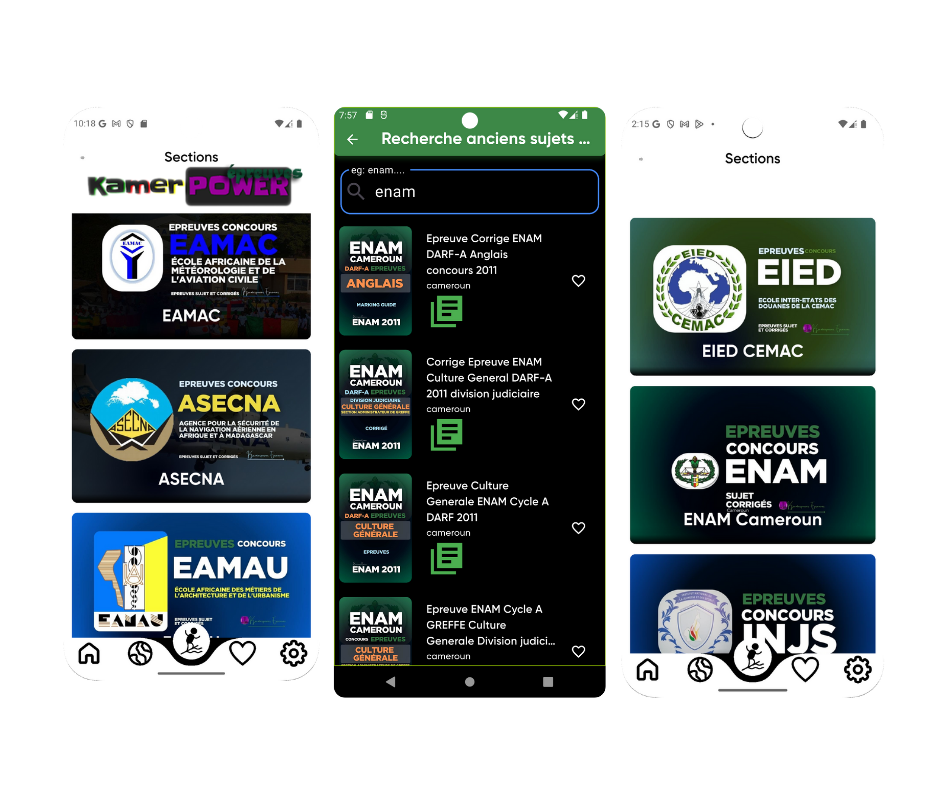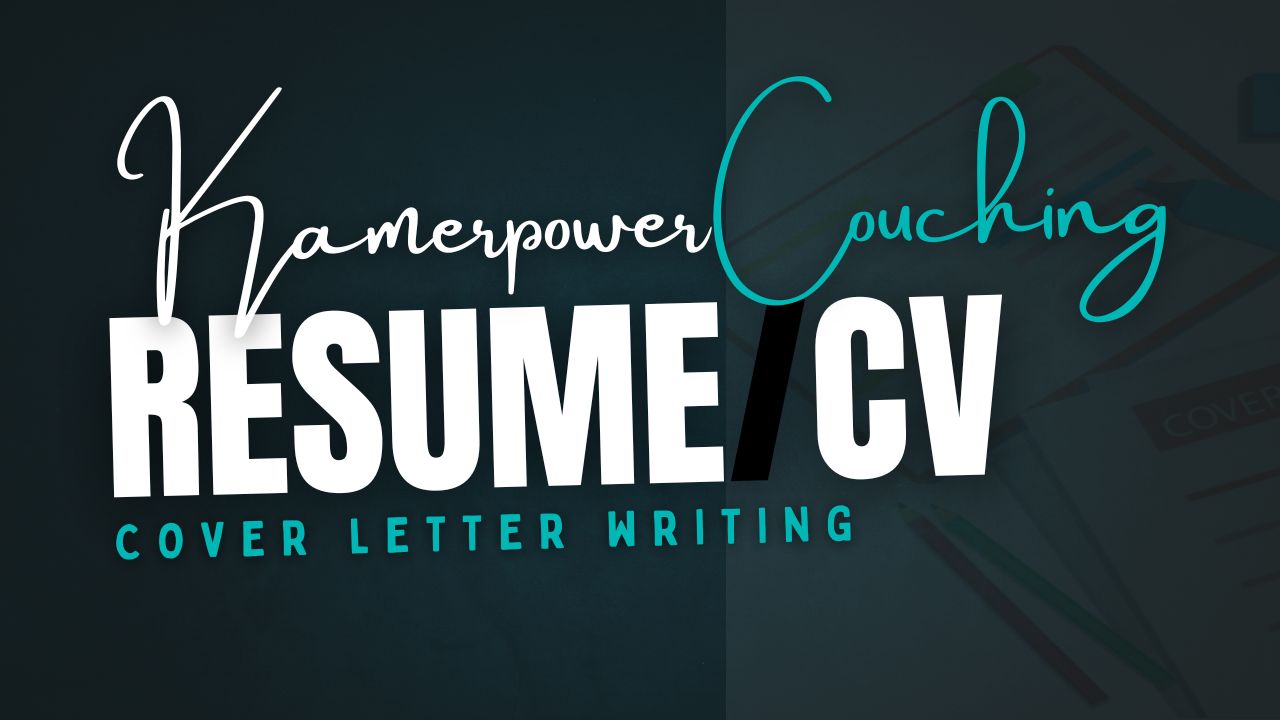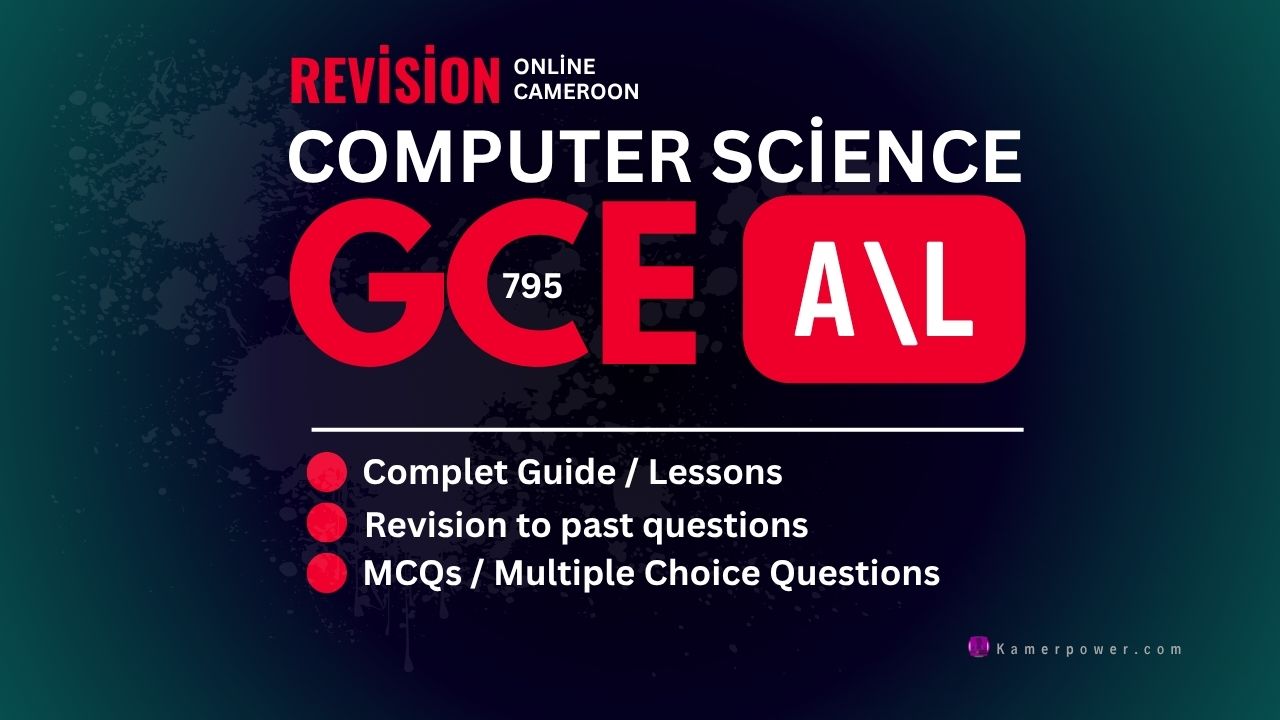
Kamerpower
Exam Revision Courses, Career advice, Concours, Scholarship opportunities
Downloadable study materials, Exam past questions & answers, Latest concours launched, CV and Cover Letter Writing, Scholarships, Jobs, insightful Career Advice.
Featured courses & Products
-
Sale!

GCE AL Arts Subjects Past Questions 2013-2025 Cameroon
Original price was: 15000 CFA.12000 CFACurrent price is: 12000 CFA. Add to cart -
Sale!

Past Questions Cameroon GCE A Level Science Subjects for 2013-2025
Original price was: 15000 CFA.12000 CFACurrent price is: 12000 CFA. Add to cart -
Sale!

Ordinary Level Arts Past Question Papers Cameroon GCE 2010-2025
Original price was: 14500 CFA.11500 CFACurrent price is: 11500 CFA. Add to cart -
Sale!

Download O/Level Science Past Question Papers GCE 2010-2025
Original price was: 14500 CFA.11500 CFACurrent price is: 11500 CFA. Add to cart
Online Courses
The online training offered by Kamerpower brings an innovative perspective to the field of education. It provides learners with a rigorous methodology, strategic advice, and tailored exercises designed to maximize their chances of success in competitive exams. Thanks to an intuitive and flexible digital learning platform (e-learning), each student can follow a personalized path, in the order of their choice, and at their own pace. This pedagogical approach, based on quality and accessibility, offers teaching of rare excellence, combining academic excellence with practical effectiveness. Preparation for administrative, management, teaching, engineering, technical, security and army, medical and health competitions/exams.

Download Past Exam questions and answers for Competitive exam
You can view and download corrected past exam Questions and Answers papers for all entrance exams, all subjects, and all years in PDF format, as many times as you wish on Kamerpower. Popular exams like GCE, INJS, IFORD, ISSEA, ENAM, ESSAL, BTS and more. Organized by series, subject, and year. Use them as study materials in your study sessions to practice for exams under real conditions! All that’s left is to get to work. All subjects are available for free on our Kamerpower App on Play Store immediately after each exam session.
CV and Cover Letter Writing
Are you a graduate or job seeker struggling to write a compelling cover letter or CV? Kamerpower AI online CV writer. It helps you to create a persuasive cover letter and an impactful CV that clearly show your suitability for the job role.

Insightful Career Advice

Career Opportunities and Advice
You feel like things are going well, but you’re never the selected candidate for the job? You might just lack proper preparation. A Job interview can be a stressful experience for candidates, as you are put on the spot and expected to answer a series of questions that will determine if you are fit for a role or position you applied for.
If you want to improve your career, you can subscribe to Career Coaching. Regardless of where you are on your career path, a career Coach can help clarify your career goals, identify your high-impact growth areas. As part of the coaching, you will receive:
- Review/correction of your LinkedIn profile.
- Creation of your CV and a cover letter template tailored to your job search goals.
- Personal development sessions.
Common Job Interview Questions & Answers
On Kamerpower, you can also explore common job interview questions, step-by-step guides related to interview preparation, frequently asked interview questions, and tips on how to answer them effectively to increase your chances of landing your dream job. How does it work?

Tips for Students
With our Tips For Students Guide that can help you achieve excellence in academics which are designed basically for students who want to excel in both education and work. These tips provide the best answers to many questions students ask.
Career coaching can help you with the following
- Career transition coaching
Navigate your career change with confidence. Create a personalized action plan with the guidance you need for a seamless transition. From interview preparation to salary negotiation, our Career Coaches support you at each step.
- Career advancement coaching
Enhance your career through a bespoke coaching strategy crafted for you. Benefit from guidance and insights to accelerate your career development and growth.
Resources For You
Quickly access Opportunities for Students and Graduates Careers that might be interested in our blog section: Scholarship opportunities, jobs, calls for applications, University scholarships, training programs, Internship and current competitive examinations.
Find the perfect course
All of our courses are designed to help you learn the fundamentals of coding and other related topics.
















